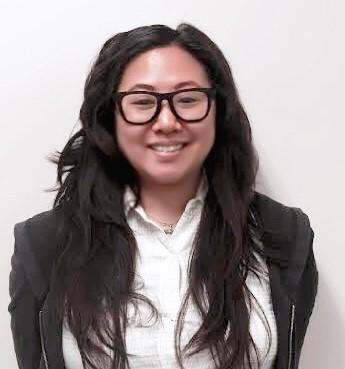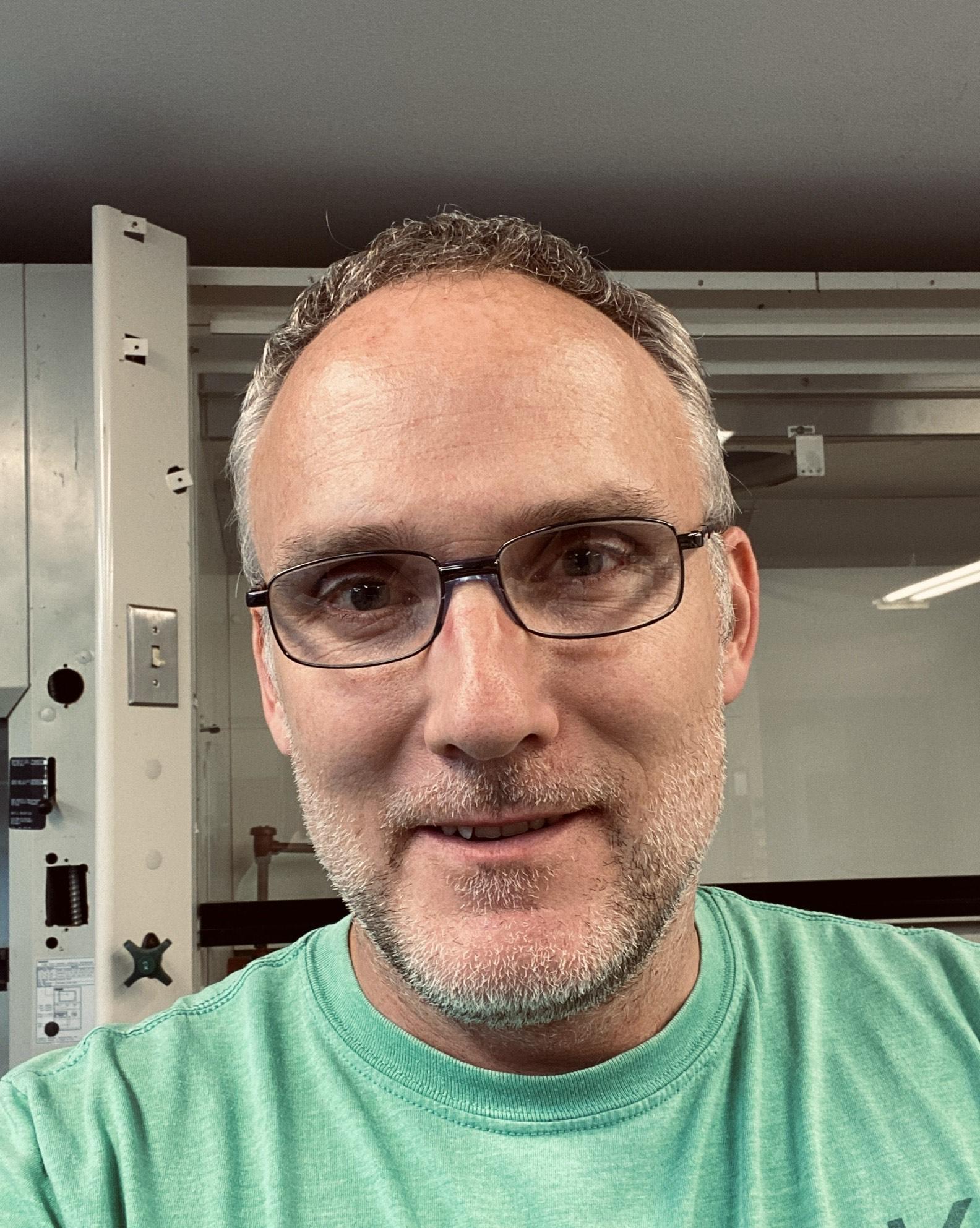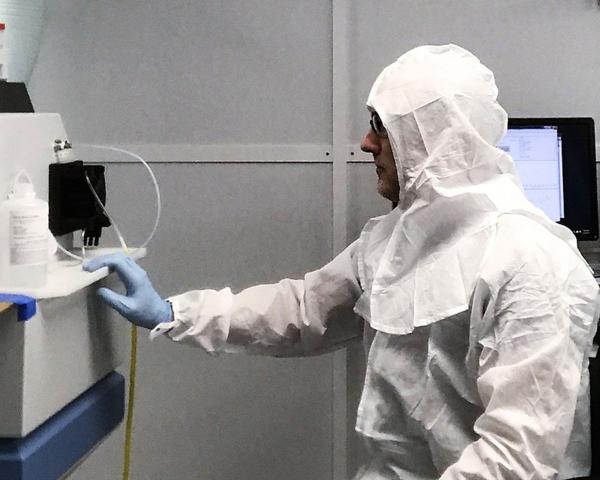NSF Grants Create Careers, Safeguard Environment
Minneapolis College will be announcing the 2021 National Science Foundation (NSF) Scholarship winners soon, students who will be stepping into the footprints of many College alumni like former grant honorees Teresa Chen and James Lawton.
Both leveraged their Minneapolis College degrees and their NSF grants to obtain degrees at the University of Minnesota.
“Thanks to this generous support I was able to focus on my studies and am closing in on achieving my goal to acquire a Materials Science and Engineering Degree at the University of Minnesota,” Chen said. “My plans are to create systems and put them in place to encourage less waste without affecting peoples’ habits. Upon graduation, I’ve accepted a position with Ecolab.”
Without his NSF scholarships, Lawton said he never would have learned and performed vital research projects that led to a University of Minnesota degree in Biochemistry and eventually jobs at Pace Analytical performing research for 3M and his current position at RMB Environmental Laboratories analyzing metal content in watershed districts in western Minnesota.
“STEM grants provided a great bridge to be able to go to the University of Minnesota,” Lawton said. “I didn’t need to find a part-time job just to be able to make it. What was so paramount is that it allowed me to conduct my own research under the guidance of Dr. Kumar with the support of the Minneapolis College Science Club. We published the research work entitled “Antimicrobial Properties of Kombucha Ferments Against Bacteria and Yeast in the peer-review journal Fine Focus.”
More STEM Students Will Take Similar Journeys
More Minneapolis College students will be telling success stories in the coming semesters.
The National Science Foundation has awarded Minneapolis College with a \$850,000 grant to improve Science, Technology, Engineering and Mathematics (STEM) scholastic and career opportunities for low-income students under the direction of Renu Kumar, Ph.D., Biology faculty member at Minneapolis College.
This project, "Collaborative Research: Partner Relationships to Increase STEM Momentum through Transfer Transition," is in collaboration with other higher institutions led by Augsburg University, with a combined budget of $5 million.
According to Kumar, “This collaborative project contributes to a national commitment to advance well-educated scientists, mathematicians, engineers and technicians. Undergraduate research and internship experiences provided in Transfer Pathways support professional development through cross-institutional partnerships and workforce development programs.”
Kumar, along with Minneapolis team members Dean Ben Weng, Ph.D.; Theresa Edelman, Ph.D. and faculty from collaborating institutions will work together to create support structures through mentoring, advising and improved transfer pathways.
High achieving low-income students with a financial need are participating in the initiative to secure opportunities for bachelor’s degrees in Biology, Chemistry, Computer Science, Engineering, Food Science, Mathematics and Physics.
Minneapolis College President Sharon Pierce said, “I am so proud that the National Science Foundation has chosen Minneapolis College to administer this $850,000 grant to benefit low-income students with research and professional mentoring, STEM opportunities enhancing their educational goals and providing them with valuable preparatory experience in their STEM field."
Geared to Low Income, Talented Students
The NSF seeks to increase the number of low-income academically talented students with demonstrated financial need who earn degrees in STEM fields. It also aims to improve the education of future STEM workers and to generate knowledge about academic success, retention, transfer, graduation, and academic/career pathways of low-income students.
The Value of a Scholarship

Chen expressed gratitude to the NSF and Minneapolis College. “The scholarship helped me focus on my studies and reach these goals,” she said. “I was able to advance my knowledge through research internships and not be burdened by out-of-pocket educational costs. Thank you, again, for the investment towards an ever-growing community that researches and develops creativity, knowledge and skills that aids in the preservation for our future. My new skills will help me and others achieve a better understanding, and convey what seems like futuristic ideas into more realistic and achievable goals for businesses and governments.”
“I have been inspired by the adverse effects from consumerism and hope to make a larger impact with my degree,” said Chen. “I’ve learned about understanding fracture mechanics of materials due to their microstructural processing for engineering design. So, can I design a part to fail the way I want it to and not harm our environment or can something even last forever? All in all, as I continue my education, it remains aligned with my values. “

Lawton said the STEM grants “allowed [him] to serve as president of the Science Club on top of a full load with a triple major of chemistry, biology and biotechnology.”
